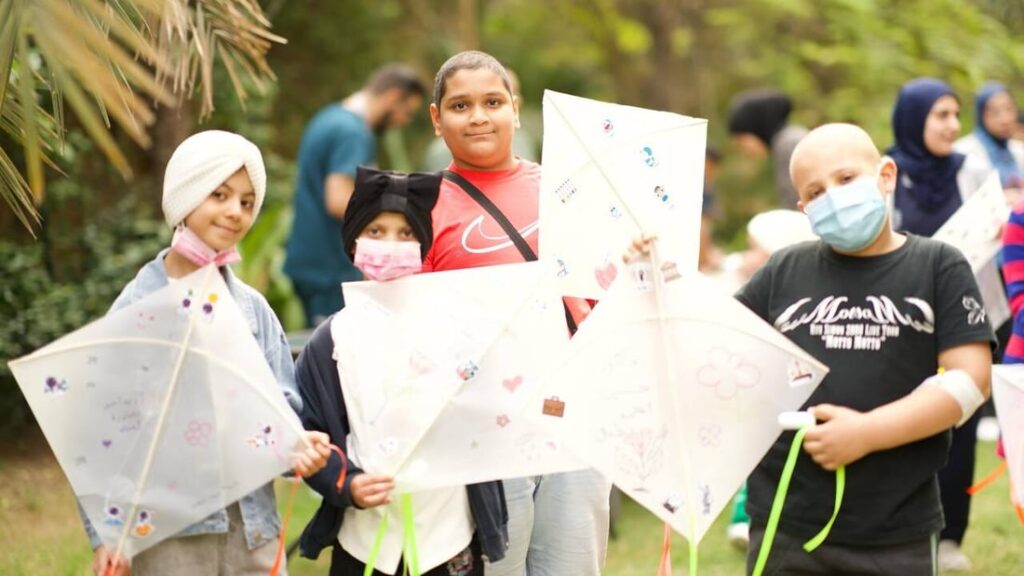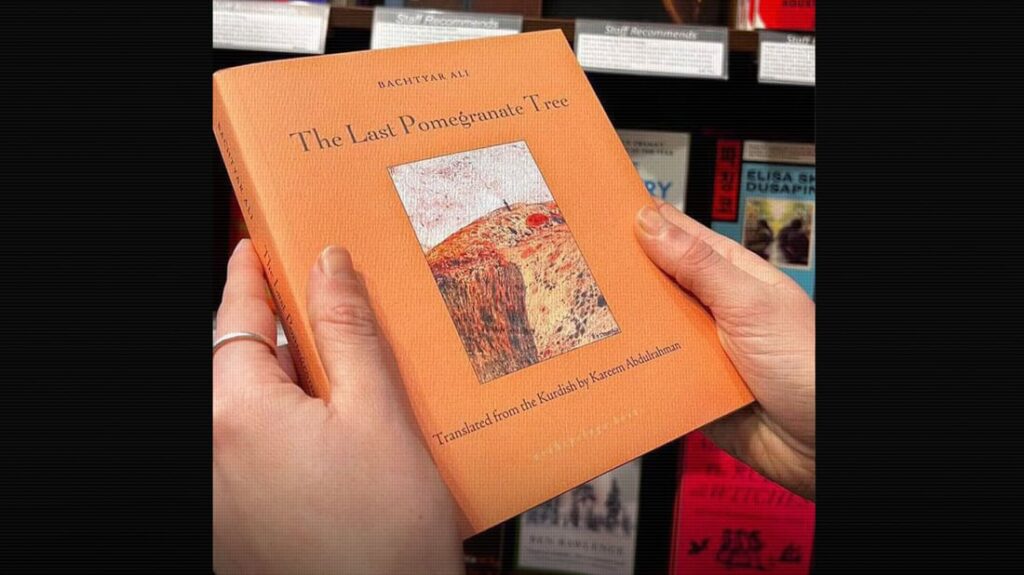Iran’s Guards kill two Kurdish PJAK fighters in Iranian Kurdistan: Fars

TEHRAN,— Iran’s elite Revolutionary Guards killed two members of an “anti-revolutionary terrorist” group in a security operation in Iranian Kurdistan (Rojhelat) in the northwest of the country, the semi-official Fars news agency reported on Tuesday.
Fars did not identify the group but clashes are common in the area with Iranian Kurdish militant groups based in Iraqi Kurdistan region and the Party of Free Life of Kurdistan (PJAK), which has links to Turkey’s militant Kurdish Workers’ Party (PKK).
The area borders both Iraq and Turkey.
“The clashes occurred today in the Chaldoran area of West Azerbaijan province … The terrorists were trying to infiltrate into Iran … Also two Guards were martyred in the clashes,” the Guards said in a statement published by Fars.
Other militants were wounded and the Guards confiscated some weapons, explosives and communication systems, it said.
Since 2004 the PJAK (Partiya Jiyana Azad a Kurdistane) took up arms to establish a semi-autonomous Kurdish regional entities or Kurdish federal states in Iran, similar to the Kurdistan Regional Government (KRG) in Iraq. The PJAK has more than 3,000 armed militiamen, half the members of PJAK are women.
PJAK, one of the most active Kurdish group in Iranian Kurdistan, is a member of the Kurdistan Democratic Confederation (Koma Civaken Kurdistan or KCK), which is an alliance of Kurdish groups and divisions led by an elected Executive Council.
Ever since its emergence in 1979 the Islamic regime imposed discriminatory rules and laws against the Kurds in all social, political and economic fields.
Iran’s Kurdish minority live mainly in the west and north-west of the country. They experience discrimination in the enjoyment of their religious, economic and cultural rights.
Parents are banned from registering their babies with certain Kurdish names, and religious minorities that are mainly or partially Kurdish are targeted by measures designed to stigmatize and isolate them.
Kurds are also discriminated against in their access to employment, adequate housing and political rights, and so suffer entrenched poverty, which has further marginalized them.
Kurdish human rights defenders, community activists, and journalists often face arbitrary arrest and prosecution. Others – including some political activists – suffer torture, grossly unfair trials before Revolutionary Courts and, in some cases, the death penalty.
Copyright © 2019, respective author or news agency, Ekurd.net | Reuters
Comments



